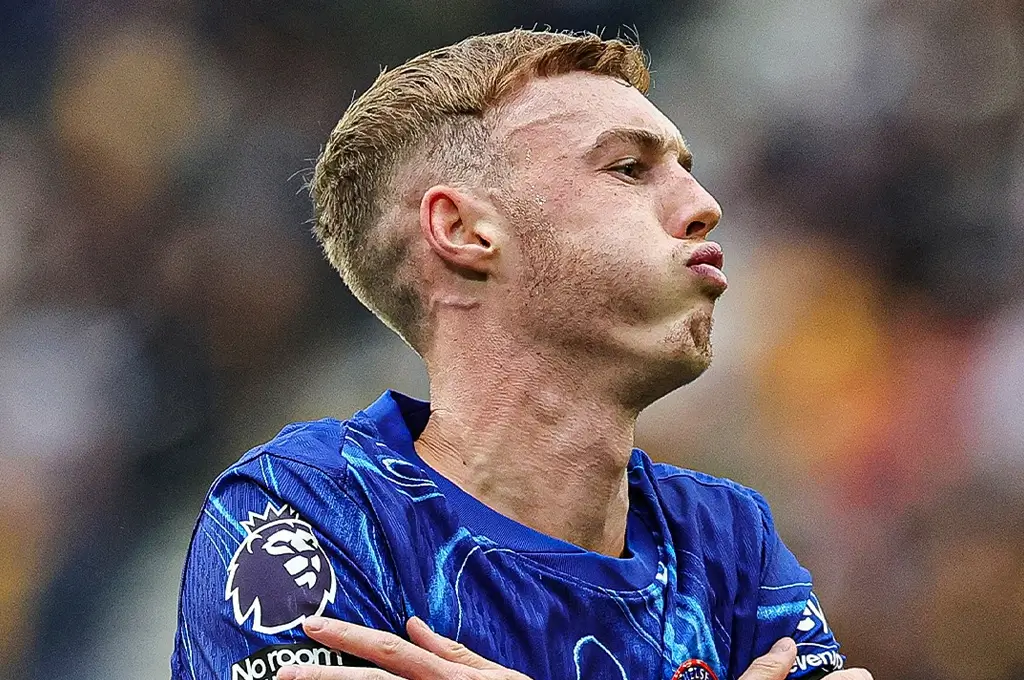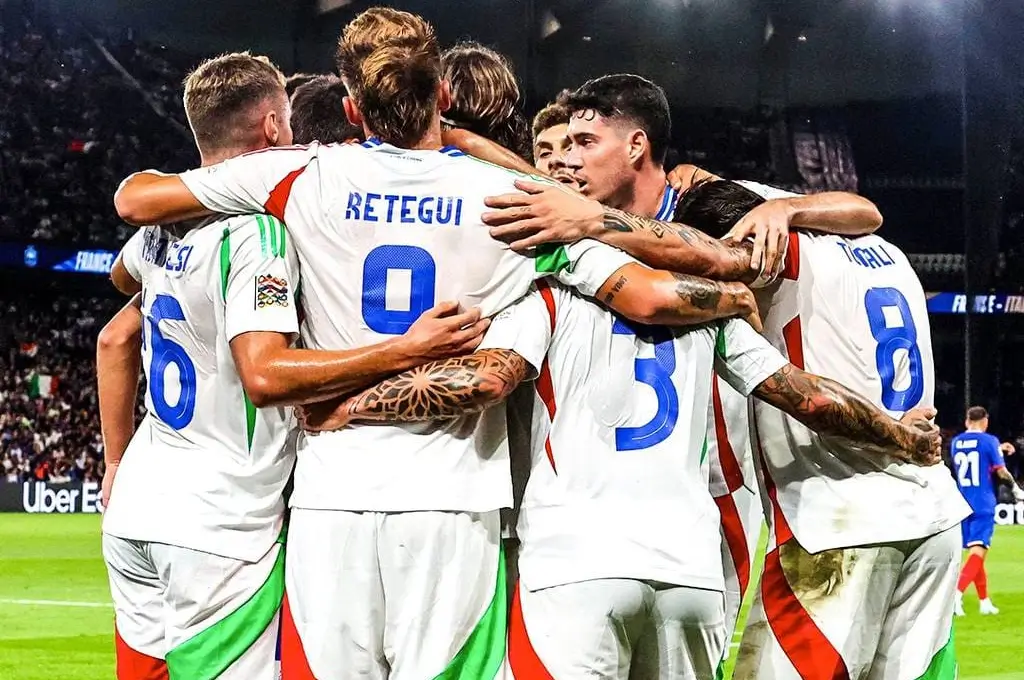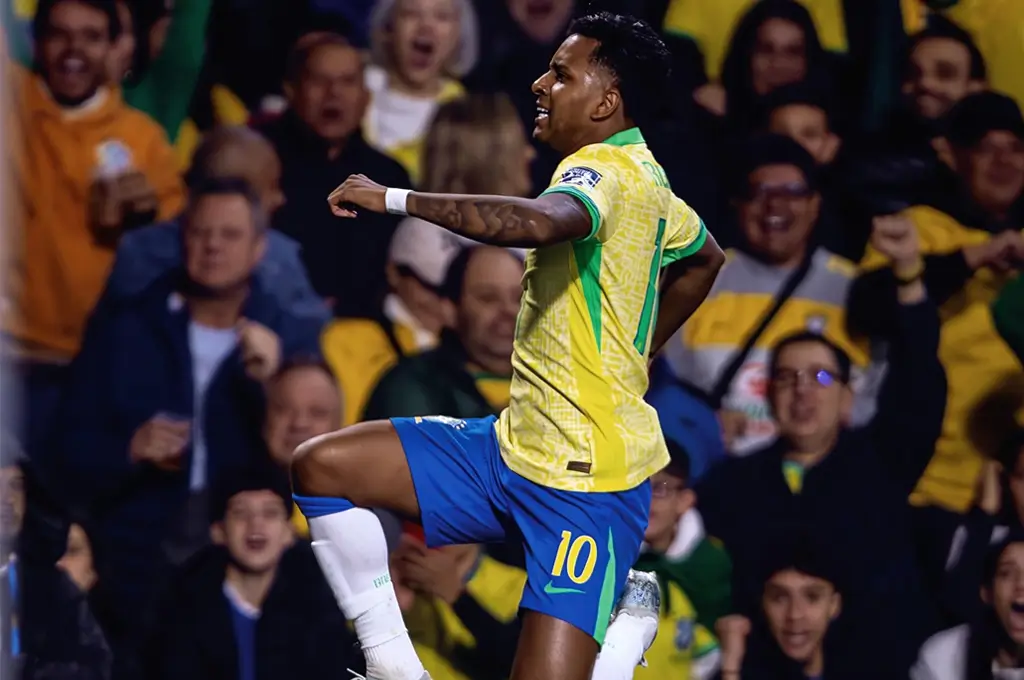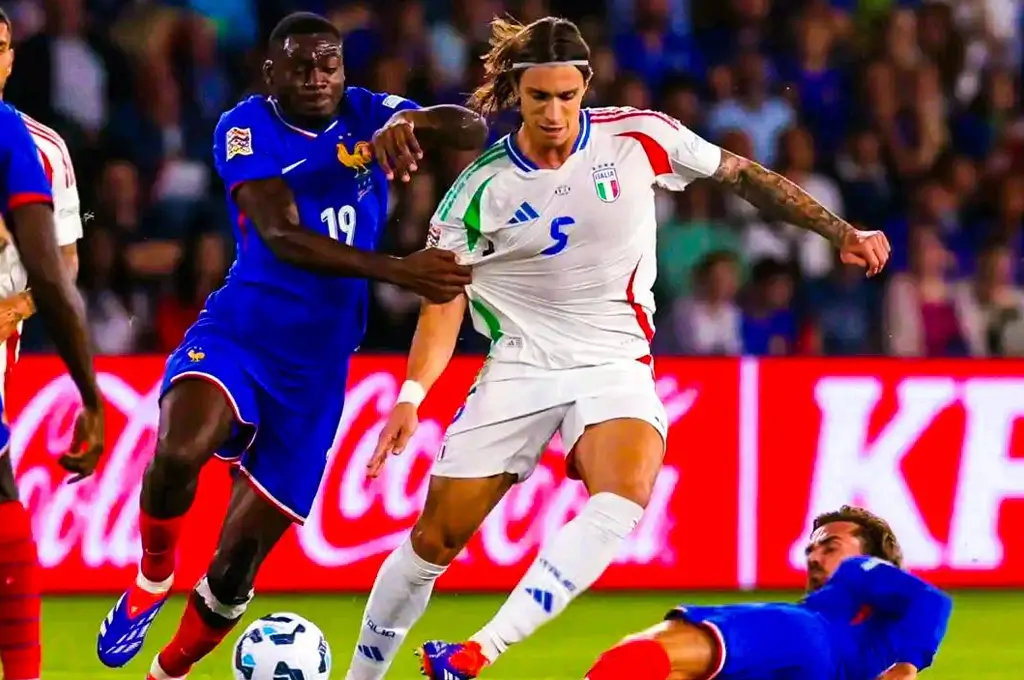Table of Contents
Chelsea has made the bold decision to leave several key players out of their squad for the UEFA Conference League group stages, sparking discussions about the club’s player management and future plans. As they aim to compete across multiple competitions this season, the decision to manage workloads and injuries seems strategic, especially given the high expectations placed on the squad.
Let’s dive into the key decisions behind Chelsea’s squad selection.
Key Player Omissions: Cole Palmer, Chilwell, Lavia, and Fofana
Cole Palmer, one of Chelsea’s standout signings, has been left out of the Conference League squad to manage his workload. Palmer played an impressive 55 matches last season for club and country, ending with the Euro 2024 final in July. With Chelsea likely facing up to 80 matches this season, including the Premier League and five other competitions, managing key players’ fitness is crucial. Palmer’s exclusion is strategic, allowing him to stay fresh for the more significant fixtures.
Romeo Lavia and Wesley Fofana, both recovering from long-term injuries, have also been omitted from the squad. Lavia joined Chelsea for £58m but has played only 32 minutes due to injuries. Fofana missed the entire previous season, so Chelsea is being cautious with their reintegration into the squad.
Ben Chilwell, however, has a different story. The left-back has been told by manager Enzo Maresca that he is no longer in the club’s future plans. Despite being offered to several Premier League clubs, no move has materialized, and there is speculation that Chilwell may transfer to Turkey, where the window remains open.
Squad Selection and Youth Involvement
Chelsea has selected a few promising young players for the group stage to compensate for these omissions. Cesare Casadei, Carney Chukwuemeka, and Marc Guiu have all been included in the squad.
Their selection reflects Chelsea’s approach of balancing youth development with squad rotation, especially in a less prestigious competition like the Conference League. These young players will have the chance to impress and gain valuable European experience as Chelsea manages their extensive schedule.
Chelsea’s Conference League Opponents
Chelsea’s Conference League group-stage opponents include Gent, Heidenheim, Astana, Shamrock Rovers, Panathinaikos, and Noah. As one of the favorites to win the competition, Chelsea is expected to advance past the group stages.
Should they progress, they can re-register Palmer, Lavia, and Fofana for the knockout rounds in February 2024.
The Importance of Rotation for Chelsea
With the demanding schedule Chelsea faces this season, the decision to rotate key players is essential. The squad depth allows Maresca to rest important players like Palmer, who is expected to play a significant role in other competitions such as the Premier League and FA Cup. By spreading the minutes across young talents like Casadei and Chukwuemeka, Chelsea aims to maintain freshness in the squad throughout the season.
Ben Chilwell’s Uncertain Future
Ben Chilwell’s future at Chelsea appears bleak. Having fallen out of favor with Maresca, the left-back is not expected to play for Chelsea this season. Despite the club’s participation in several major competitions, including the expanded Club World Cup in 2025, Chilwell has been sidelined and is seeking a transfer. With the Turkish transfer window still open, it’s possible that Chilwell may secure a move before the January window.
A Strategic Move by Chelsea
Chelsea’s decision to leave out key players like Palmer, Lavia, and Fofana from their UEFA Conference League squad demonstrates the club’s strategic approach to player management.
By focusing on workload and injury management, Chelsea aims to keep their stars fresh for the more critical stages of the season. The inclusion of young players reflects Chelsea’s commitment to rotating the squad and preparing for the long season ahead. Whether this strategy pays off will depend on how they balance squad depth with performances in their various competitions.



